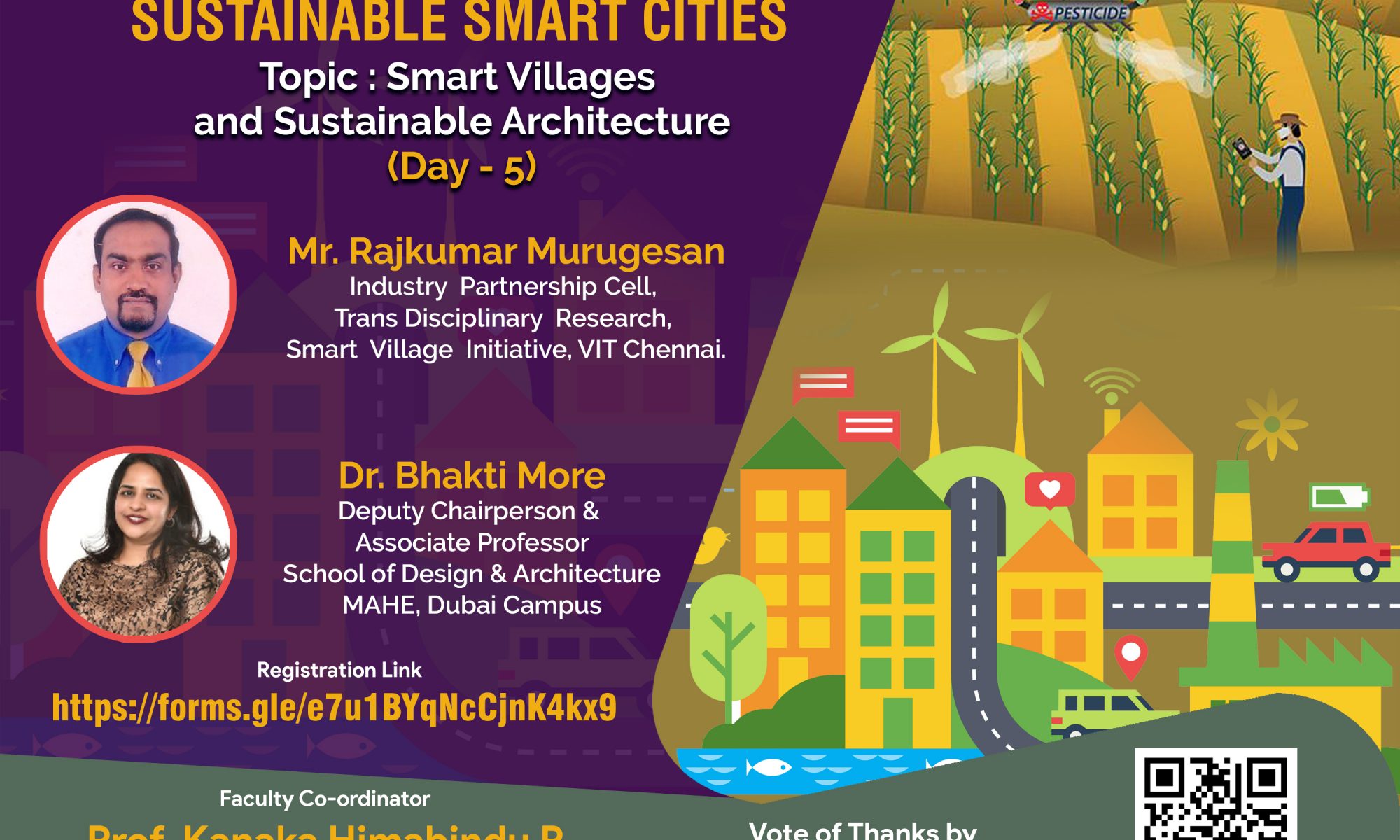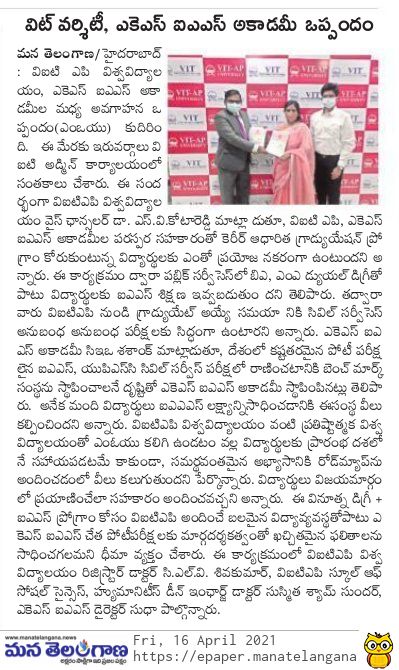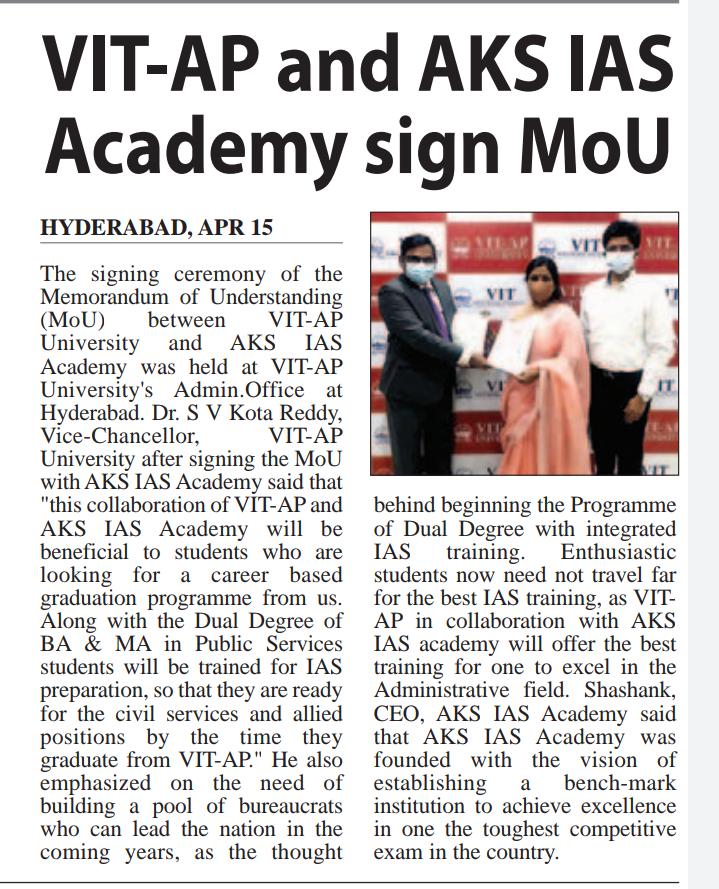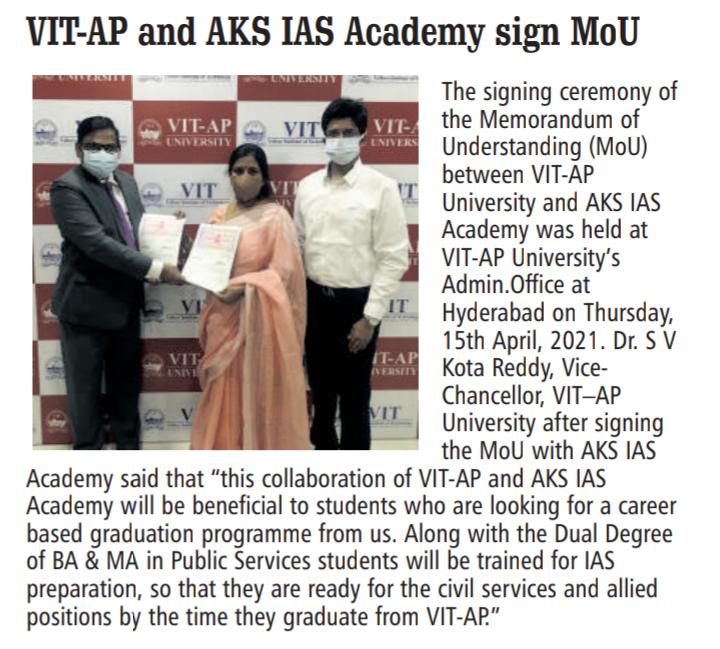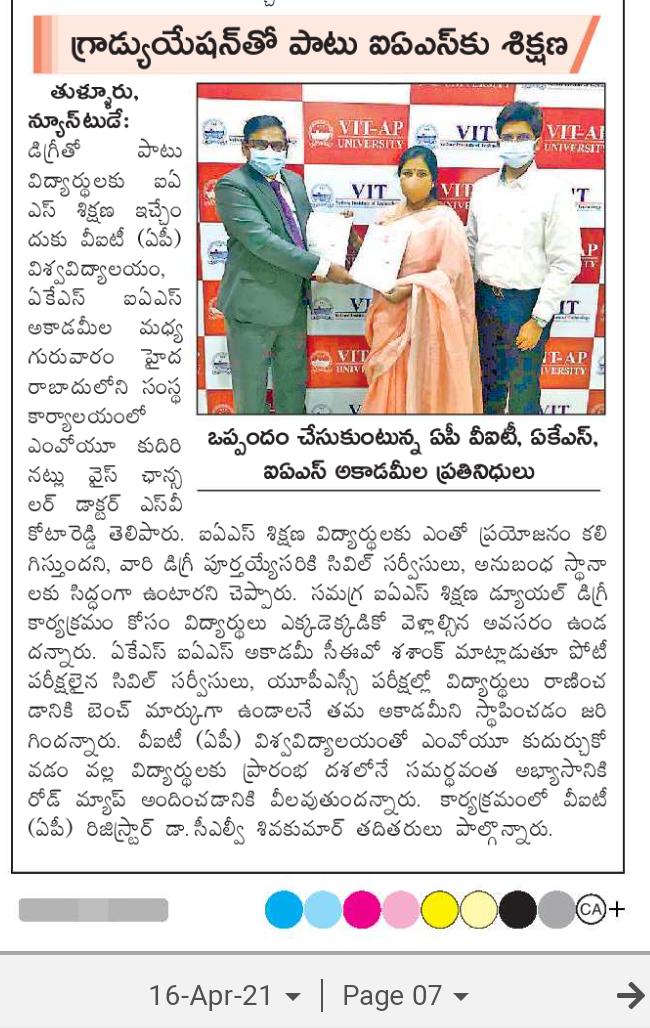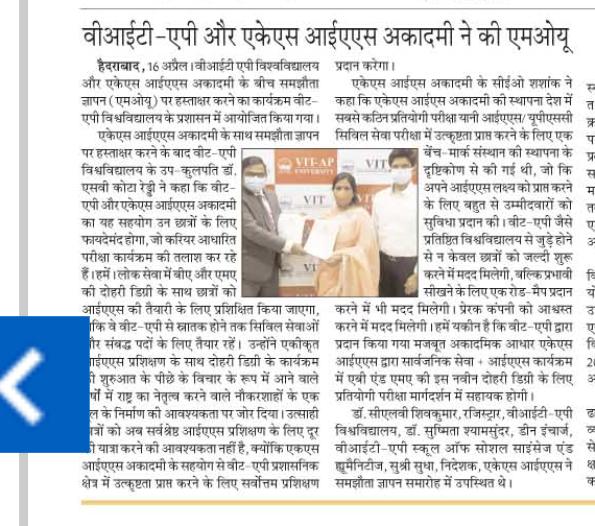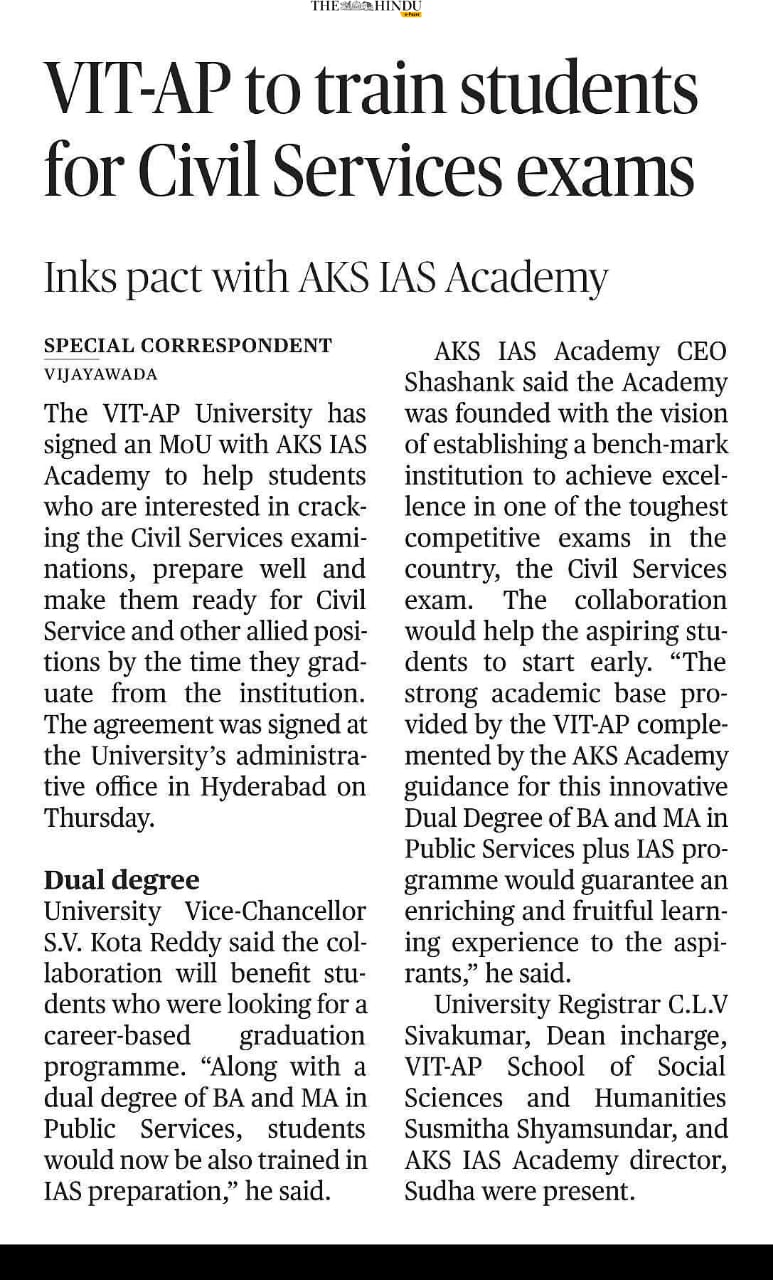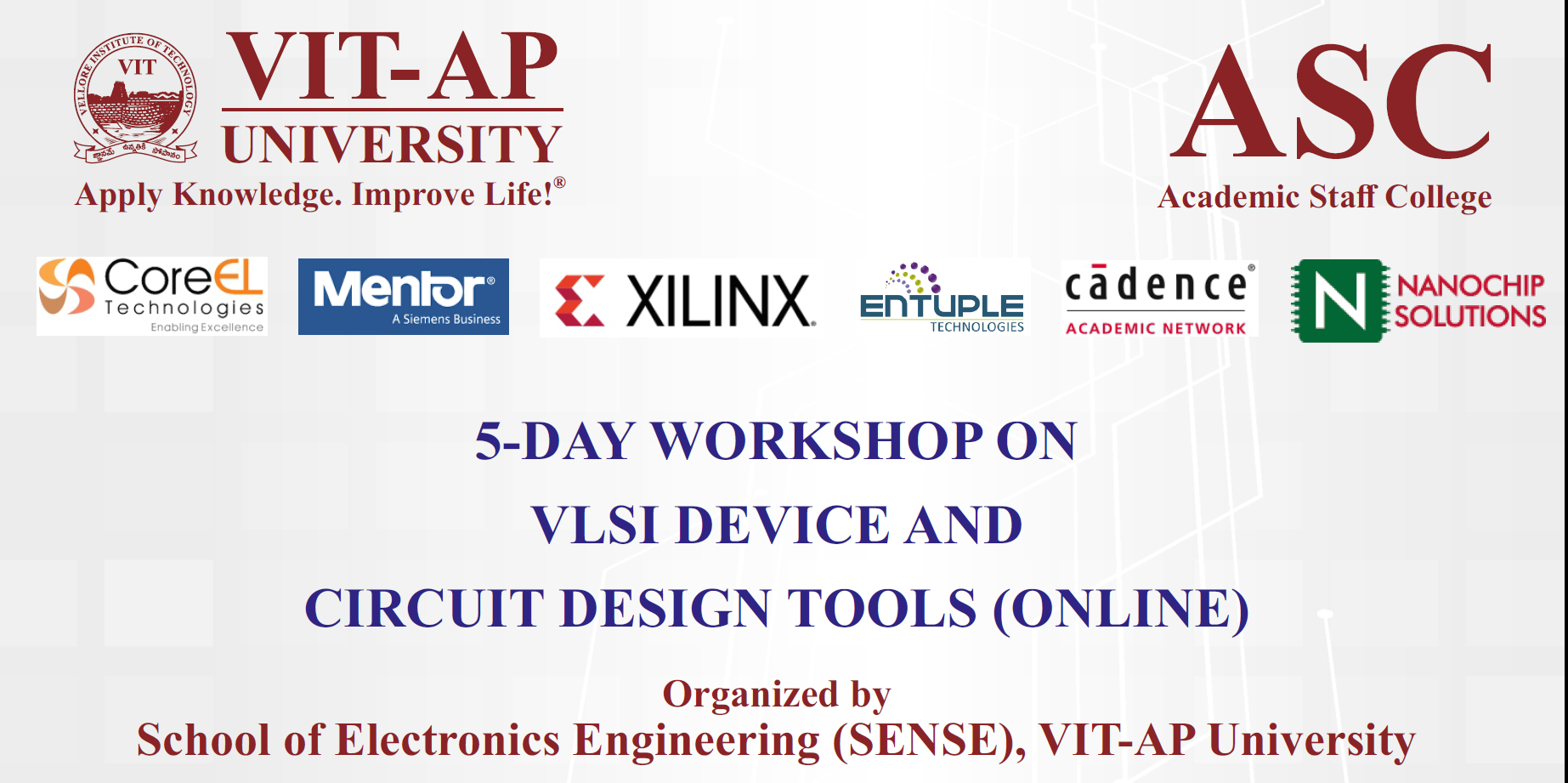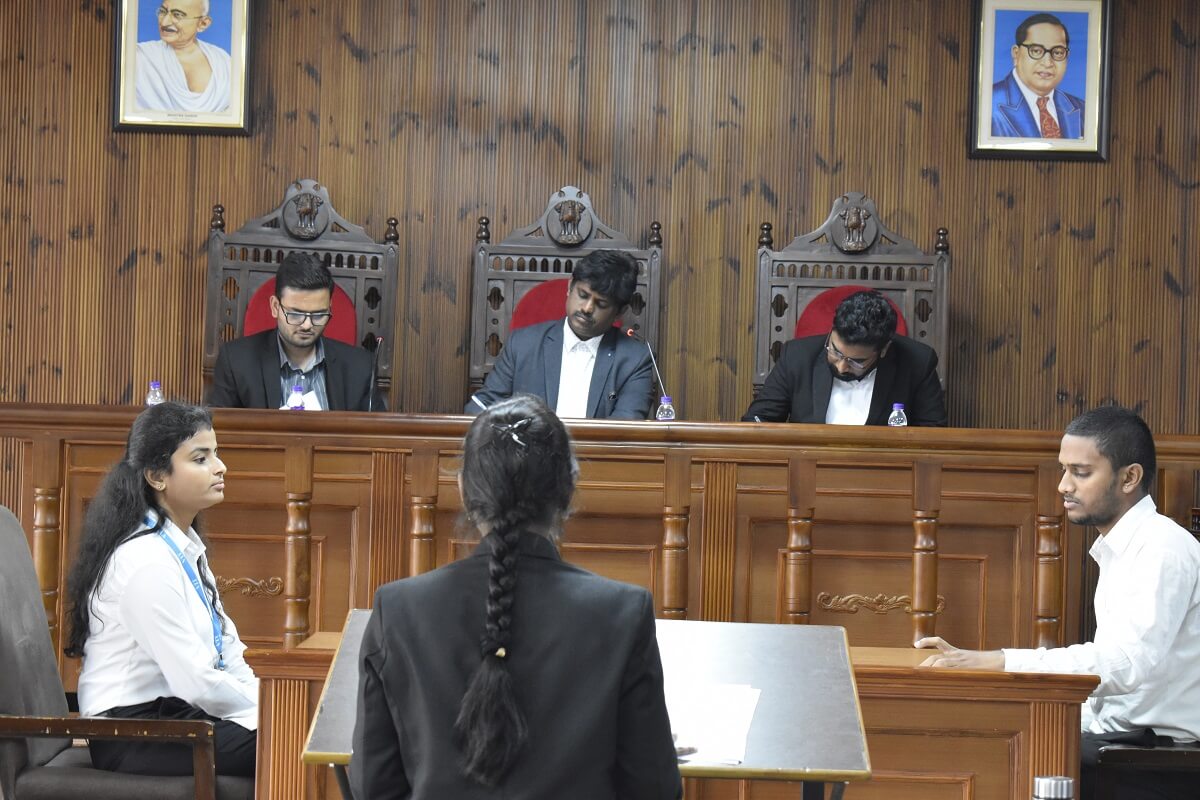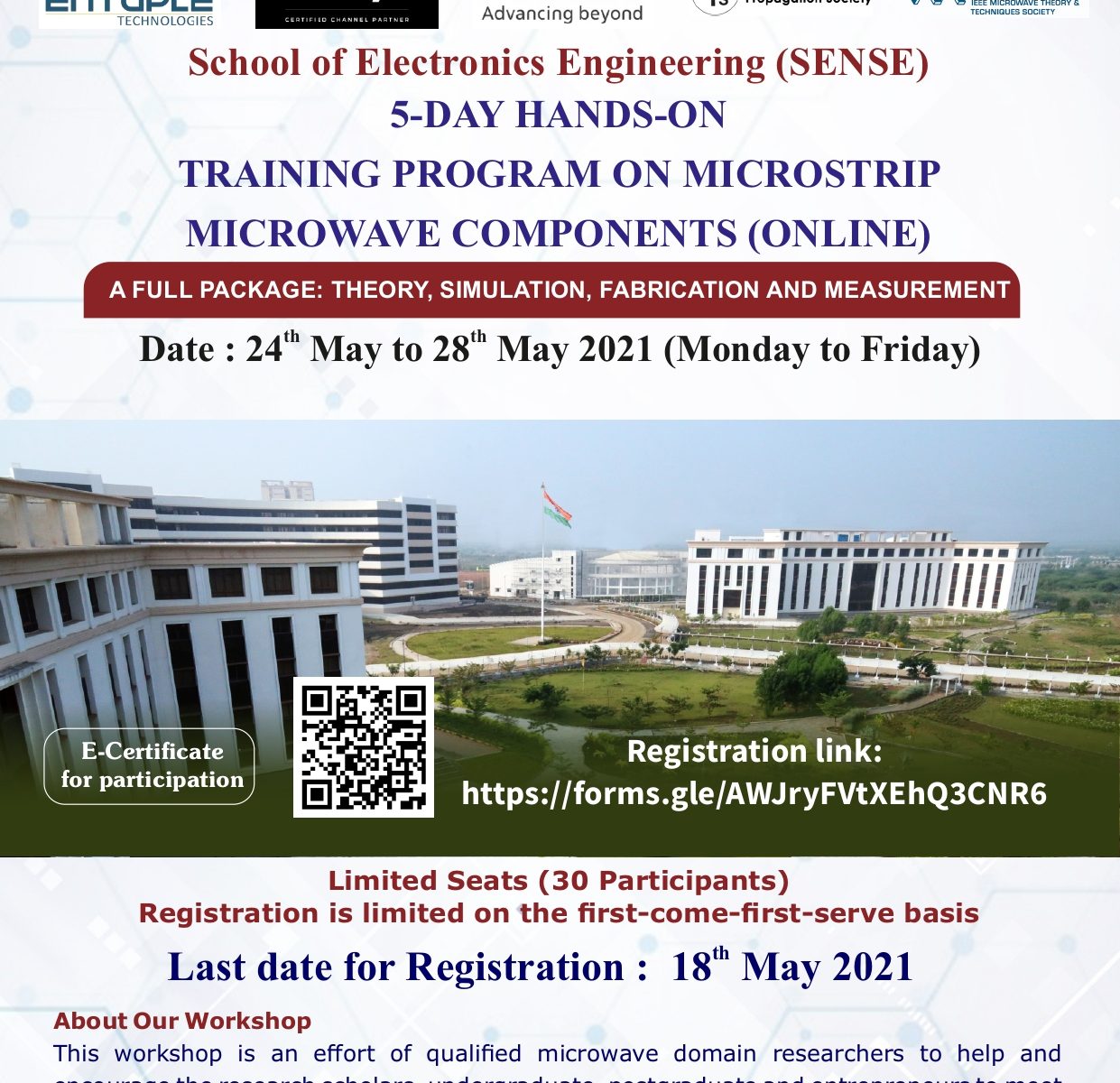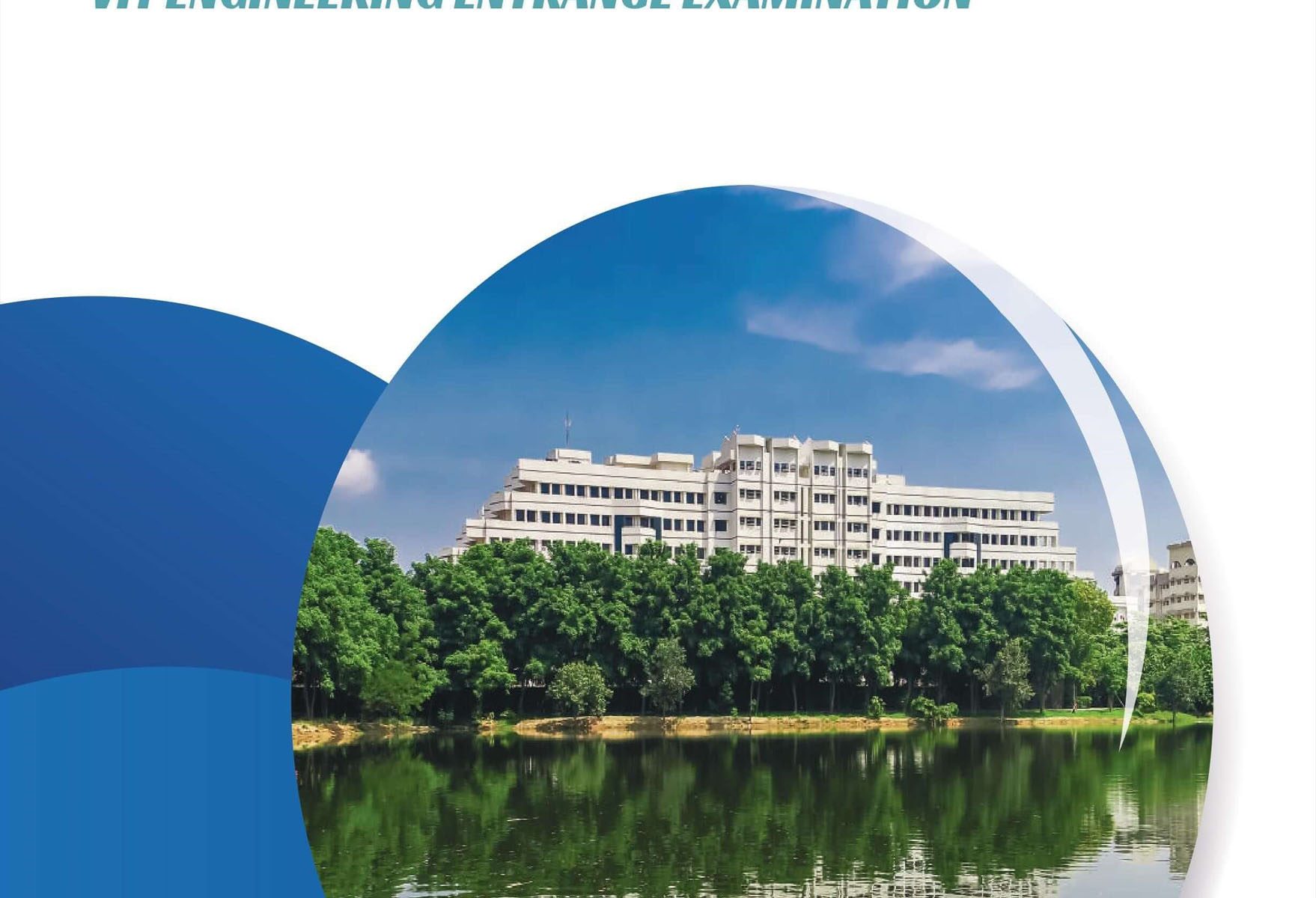Curriculum for Outstanding Professional Success (COPS®)
- • Fully Flexible Credit System (FFCS®) that allows students many options in designing their own semester plan and choice of courses
- • Increased emphasis on applicative learning and skill enhancement
- • Mandatory Technology Foundation in latest areas such as Artificial Intelligence, Data Analytics, Internet of Things (IoT), Block chain etc.
- • Mandatory Foreign Language
- • Engineering Clinics (Multi-disciplinary projects)
- • Six Month Industrial Internship in final semester
- • Additional degree options such as Minor or Specialization or Double Major
- • Entrepreneurship training
- • Placement Training including Soft Skills from the first semester onwards
Design Your Degree (DYD)
- • It is a unique opportunity that students have in shaping their Curriculum and final degree to be awarded. For the first time in the country, a student can have multiple degree options that can be completed within 4 years of their B.Tech. study
- • Students are given options to select either a Specialization or Minor along with their choice of B.Tech. Major during counselling
- • A student is allowed to change his/her choice of Specialization or Minor after the completion of first year in the University as per their evolving interests
- • A student can also choose to do a Double Major instead of Specialization or Minor starting second year

The Specialization or Minors or Double Major options for Major in B.Tech. Computer Science and Engineering
| Major in B.Tech. Computer Science and Engineering | ||
|---|---|---|
| Specialization | Minors | Double Major |
| Artificial Intelligence and Machine Learning | VLSI | Electronics & Communication Engineering |
| Data Analytics | Image and Video Processing | Mechanical Engineering |
| Cyber Security | Embedded Systems | Applied Science |
| Edge Computing | Internet of Things (IoT) | Business Management |
| Software Engineering | Electronics & Comm. Engineering | Economics |
| Geo Informatics | Electric Vehicle Technology | Digital Humanities |
| Blockchain | Digital Manufacturing | Media and Communication |
| Automotive Design | ||
| Robotics | ||
| Mechanical Engineering | ||
| FinTech | ||
| Digital Marketing | ||
| Econometrics | ||
| Performing Arts | ||
| Computational Mathematics | ||
| Corporate Law | ||
The Specialization or Minors or Double Major options for Major in B.Tech. Electronics and Communication Engineering
| Major in B.Tech. Electronics and Communication Engineering | ||
|---|---|---|
| Specialization | Minors | Double Major |
| VLSI | Artificial Intelligence and Machine Learning | Computer Science and Engineering |
| Image and Video Processing | Data Analytics | Mechanical Engineering |
| Embedded Systems | Cyber Security | Applied Science |
| Internet of Things (IoT) | Edge Computing | Business Management |
| Electric Vehicle Technology | Geo Informatics | Economics |
| Software Engineering | Digital Humanities | |
| Blockchain | Media and Communication | |
| Computer Science & Engg. | ||
| Digital Manufacturing | ||
| Automotive Design | ||
| Robotics | ||
| Mechanical Engineering | ||
| FinTech | ||
| Digital Marketing | ||
| Econometrics | ||
| Performing Arts | ||
| Computational Mathematics | ||
| Corporate Law | ||
The Specialization or Minors or Double Major options for Major in B.Tech. Mechanical Engineering
| Major in B.Tech. Mechanical Engineering | ||
|---|---|---|
| Specialization | Minors | Double Major |
| Digital Manufacturing | Artificial Intelligence and Machine Learning | Computer Science and Engineering |
| Automotive Design | Data Analytics | Electronics & Communication Engg. |
| Robotics | Cyber Security | Applied Science |
| Edge Computing | Business Management | |
| Geo Informatics | Economics | |
| Software Engineering | Digital Humanities | |
| Blockchain | Media and Communication | |
| Computer Science & Engg. | ||
| VLSI | ||
| Embedded Systems | ||
| Electric Vehicle Technology | ||
| Image and Video Processing | ||
| Internet of Things (IoT) | ||
| Electronics & Comm. Engg. | ||
| FinTech | ||
| Digital Marketing | ||
| Econometrics | ||
| Performing Arts | ||
| Computational Mathematics | ||
| Corporate Law | ||
Double Major
- • Apart from the Major which has certain specified courses, a student can be awarded a Second Major upon completing mandatory courses of another discipline. Student has to complete 168-170 credit worth courses or projects to earn a Double Major degree.
- • Eg: B.Tech. Mechanical Engg. with Second Major in Computer Science and Engineering
- • Student has an option to select for second major after completion of one year at the University. A list of Double Major options is given in the tables below
